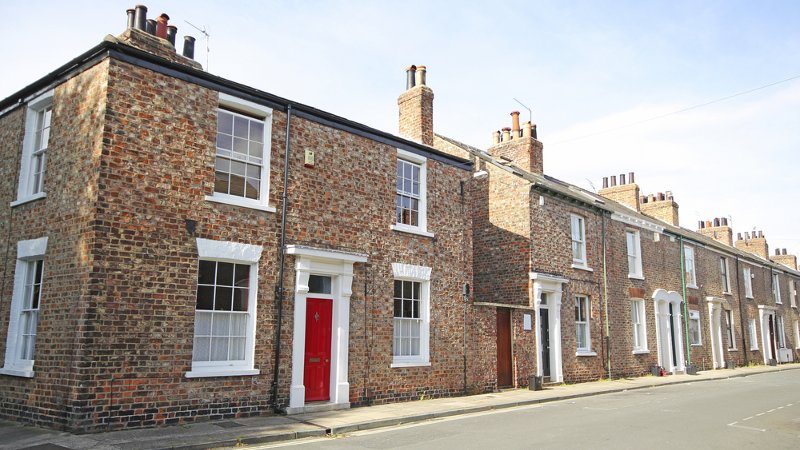The average cost of moving home in the UK has increased by £4861over the past year to £12,110 (from £11,624), topping £12,000 for the first time, Lloyds Bank has found.

The average cost of moving home in the UK has increased by £4861over the past year to £12,110 (from £11,624), topping £12,000 for the first time, Lloyds Bank has found.
This 4% rise in costs comes at a time when the annual growth in average earnings is at 2.9% and the price that consumers have to pay for goods and services is up 2.42%2.
Andrew Mason, mortgages director at Lloyds Bank, said:“The costs involved when moving home have risen again over the past year, with the average now topping £12,000 for the first time.
“The positive growth seen in house prices will increase stamp duty and also provide equity to help pay these fees, but it’s important to consider the full costs involved when going through the home moving process and they sure make sure all bases are covered to avoid any unexpected shocks at the time.”
Rising house prices, up 3% in 2018 to £265,238, have been the main factor behind the increase in moving costs, pushing up estate agency fees and stamp duty which are typically linked to the purchase price.
Over half the increase in national average moving costs in 2018 can be attributed to stamp duty costs, which have risen by £365 (13%) to £3,262. Estate agency feeshave risen by £158 (3%) to £5,729.
The West Midlands saw the biggest percentage increase of any region over the last year, rising by 8% (£849) to £10,893.
At the other end of the spectrum, costs fell most sharply in Wales, by 13% (£1,053) to £6,955. This largely reflects the increase in the land transaction tax thresholds from £125,001 to £180,001 in April 2018.
London continues to be the most expensive location to move house, with an average cost of £33,741 representing an increase of £1,649 (5%) on last year.
This total is nearly three times the UK average, driven by the cost of stamp duty – the main moving cost in the capital. This contrasts with the national average where estate agency fees exceed stamp duty.
Northern Ireland has the lowest moving costs, at £6,156 (rising just £24 or <1% on last year) closely followed by Scotland at £6,171 (rising by £154, or 3% on last year).
Nationally, people spend more than a third of their annual wage4on costs when moving home (34% of average gross annual earnings at £35,423). Once again though, the picture differs significantly across the UK.
The cost of moving in London equates to a substantially higher proportion of annual gross earnings (72%) than nationally. This also differs significantly with the proportion of average earnings spent by those moving in Scotland (18%) and Norther Ireland (20%).
The average cost of moving in the UK has increased by £2,890 (31%) since 2008, from £9,220 in 2008 to £12,110 today. This is greater than the percentage growth in average house prices over the decade (26%) and in average gross annual earnings (18%).
There are substantial regional differences in moving cost trends over the last 10 years. The South East has seen by far the highest percentage increase in the cost of moving over the last decade.
There’s been a 92% jump (up £10,661) from £11,589 to £22,200. London was next highest at 64%, rising from £20,584 to £33,741 (up £13,157).
In sharp contrast, moving costs in Northern Ireland have fallen by £2,726 (-31%) from £8,882 in 2008 to £6,156 in 2018. This is mainly due to the decline in house prices in the country following the onset of the financial crisis. Moving costs in Wales have also declined over the last 10 years, falling by 15%.
This means that Wales and Northern Ireland are the only areas of the UK where the average cost of moving is now cheaper than a decade ago.



